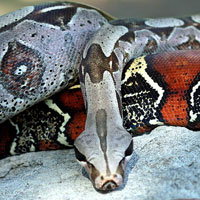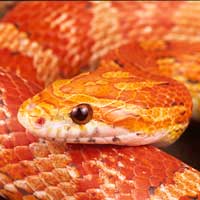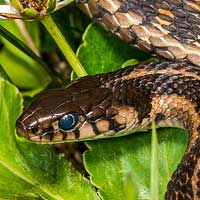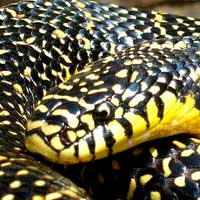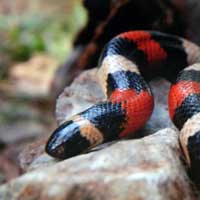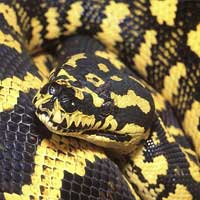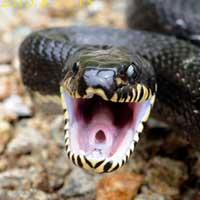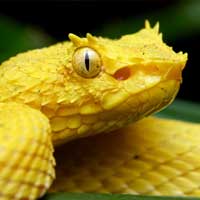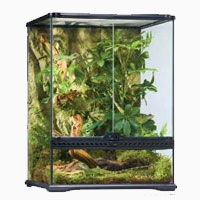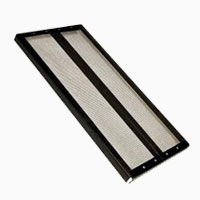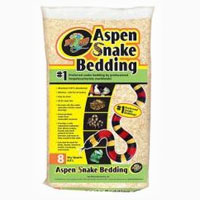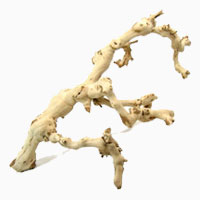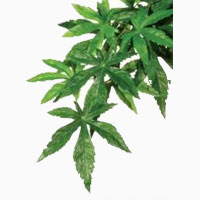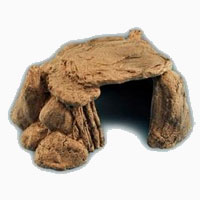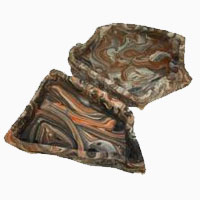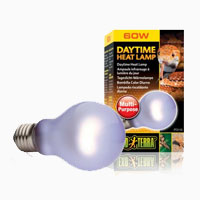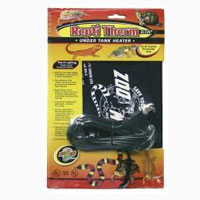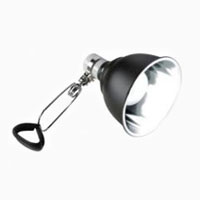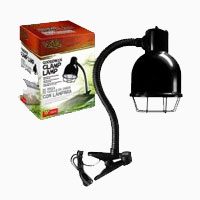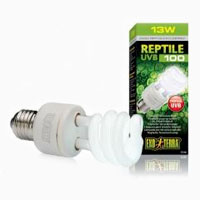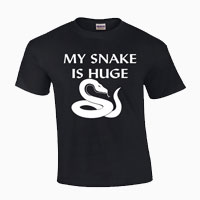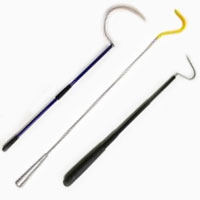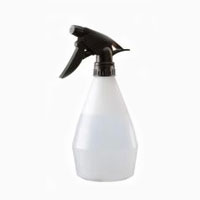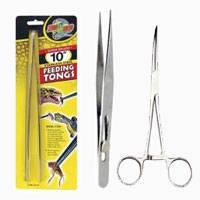Rubber Boa
Scientific Name: Charina Bottae
Share this Post
Charina bottae is the scientific name for the Rubber Boa. It has a small size. The adult has a length of eighty centimeters. Both the head and tail are blunt. Distinguishing features includes a yellow belly and small eyes. Rubber Boa has a variety of colors that range from olive green to brown.
Rubber Boas Are Beautiful Creatures
Facts About Rubber Boas
Geographic Location
Rubber Boa occurs in many areas within Washington. Other region where one finds these snakes is Idaho canyons, northern Utah, northern part of Nevada, California as well as northern regions of Wyoming.
Habitat
Rubber Boas have a vide variety of habitats that include pine forests, wet thickets as well as shrubby habitats. A majority of snakes prefer living in moist soils though some occur in dry soils. The Rubber Boa is adapted to climbing trees using its belly muscles.
Behavior
The Rubber Boa is active during the night. One may also find it at dusk and dawn. It has a docile character therefore it rarely attacks however; it has adapted to ensure that it avoids enemies and predators. Its head and tail are similar and this confuses a predator. Due to its small size, it hides beneath rocks and crevices thus avoiding attacks from predators. It feeds on rodents, birds and small reptiles.
Reproduction
Rubber Boa exhibits ovoviviparous mode of reproduction where the female gives birth to live young ones. The female gives birth to neonates that are green in color. As they develop, the color fades to olive green. At the time of birth, the neonates have an average length of seven inches.
Captivity
Rubber Boa exhibits docile manner therefore; one must ensure its habitat preferences. This is also attributed by Rubber Boas emergence during odd hours of the day. After capturing it, one must provide conditions similar to its natural habitat. When one provides the right conditions, a Rubber Boa may live for approximately eleven years.
